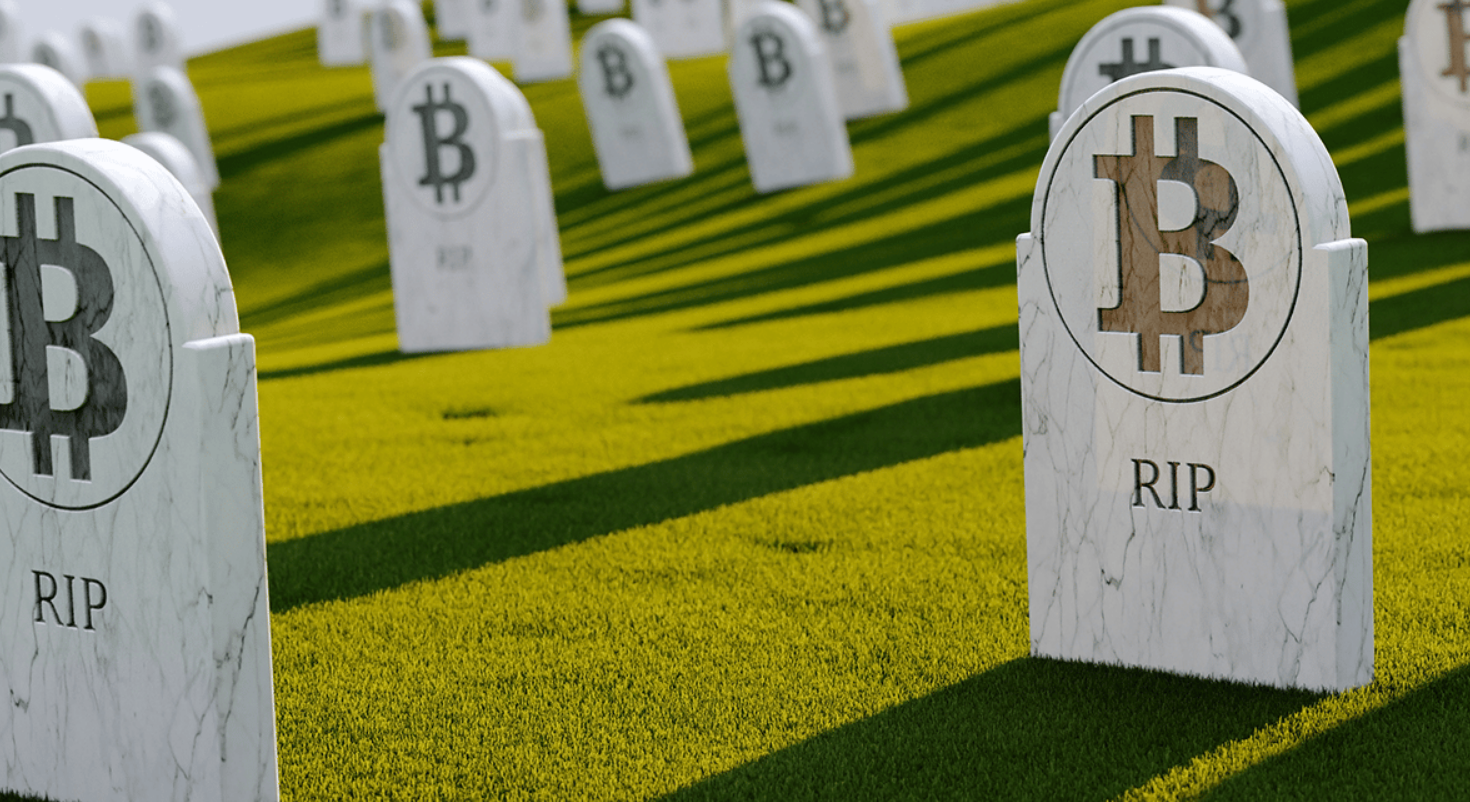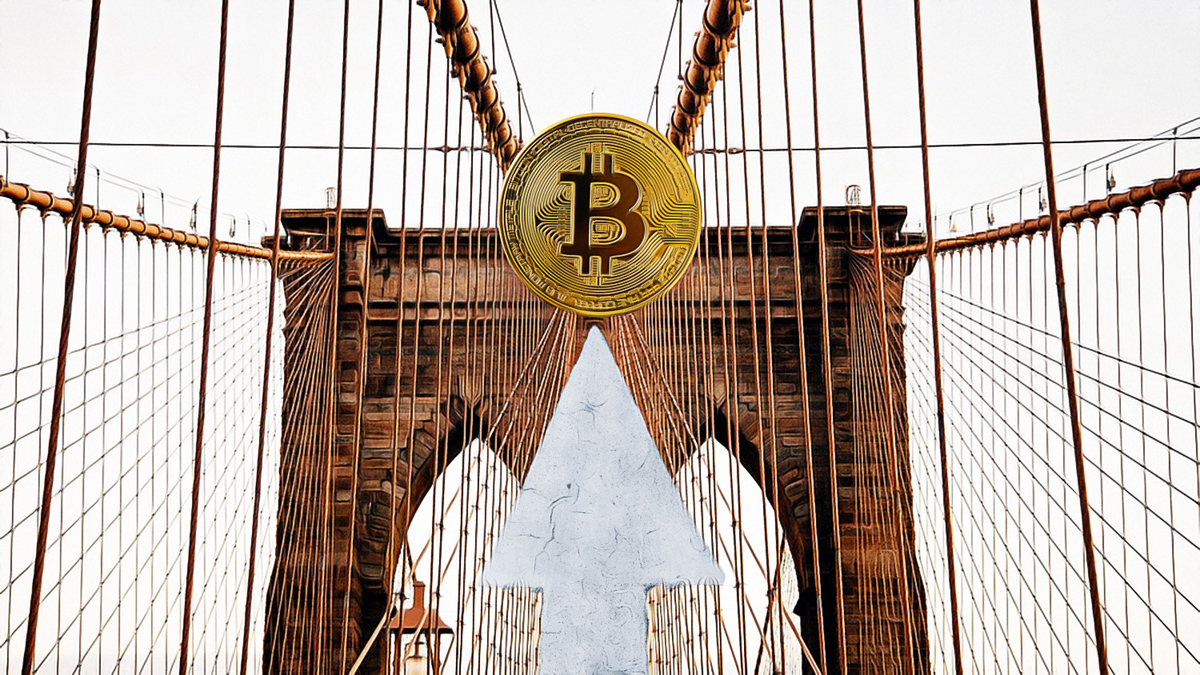Arthur Hayes, the former CEO of BitMEX, discussed more fundamental issues in his recent comments and talked about the death of BTC. The nature of the cryptocurrency markets is fueled by the demand from new investors that arises from high volatility. The so-called bull season represents the period when new investors, who are attracted by high volatility, enter the markets most intensely. But what if volatility ends?
Bitcoin (BTC) Dies?
Bitcoin is still a young cryptocurrency, and it is difficult to predict what it will become in the future, for example, in its middle age. It is something different from others as a relatively new concept, technology, and investment tool. Can it die? Of course, Arthur Hayes expressed concern that Bitcoin could potentially lose its defining essence.
If Bitcoin deviates from what it promises, it will no longer be different from others. This can happen with the influx of institutional investors. It is weakly articulated that institutional oversight could turn it from a financial freedom tool into an institutionalized asset.
The principle that Bitcoin has embraced since its inception is an ideal financial system that operates without any central authority. Bitcoin, born as an alternative to the traditional system, could embark on a difficult journey with ETF approvals. A journey that ends in death.
How Can Bitcoin Die?
In the 4-5 year period, approval of a spot Bitcoin ETF, along with increasing institutional demand, can satisfy investors. In fact, besides a handful of maximalists, not many people care if Bitcoin dies. I don’t believe that many people will care if it weakens and eventually dies because it fails to attract enough attention as it transforms into an institutional investment vehicle and volatility decreases. The basic motivation of these investors is to make money, and ETF approvals will give them that. After making money, the possibility of creating an alternative to centralized finance, as an alternative to traditional finance, disappearing (when it is so close) is something that large crowds will not care about.
The essence of the point that Hayes and a few experts highlight is how these institutional giants can potentially control Bitcoin and change its fundamental use case. Hayes stated that if institutions such as BlackRock and Fidelity enter the battle by launching Bitcoin mining ETFs, it would create a complete contradiction with what Bitcoin represents.
So, would you care if Bitcoin dies after making millions of dollars in profit?

We have our decentralized DeFi protocols, our non-Metaverse metaverse projects, our non-AI AI tokens. In the future, while trying to be an alternative to traditional finance, we will have a Bitcoin that turns into an investment product of traditional finance.
The good news for the masses is that if this death scenario happens, investors will benefit greatly after making significant profits. Maybe BTC will reach millions of dollars in price until the era when institutions dominate the king of cryptocurrencies arrives.
However, when it dies, will we have new Nakamotos that will “create an alternative” to Bitcoin, which was born as an alternative to traditional finance? And again, does anyone really care about this? The answer is clear, nobody cares.










